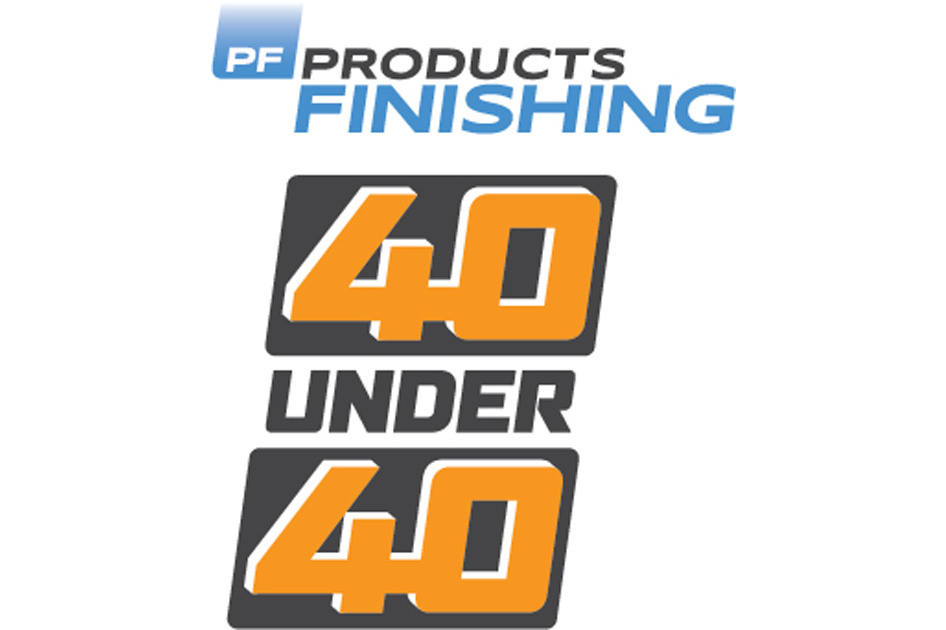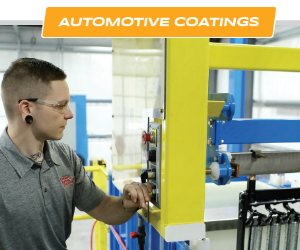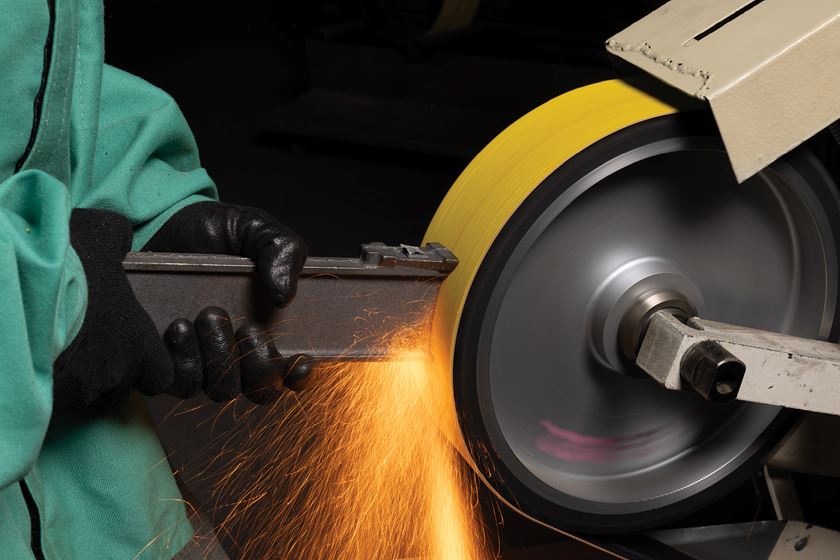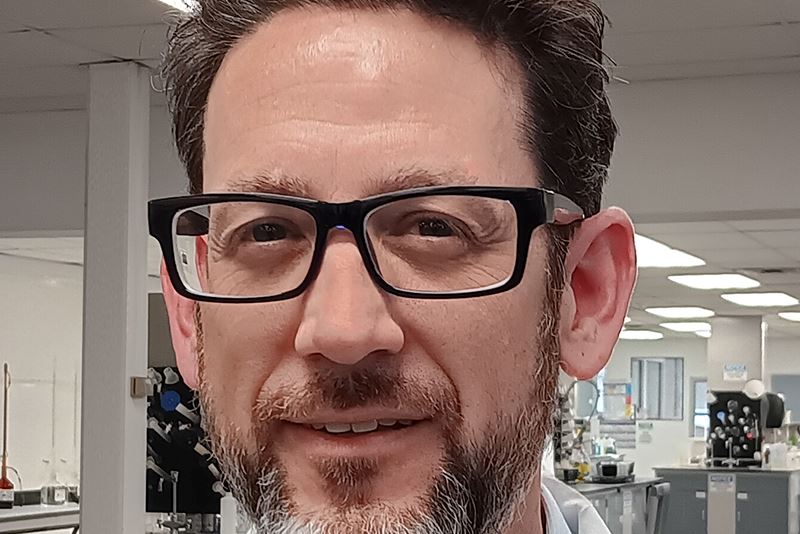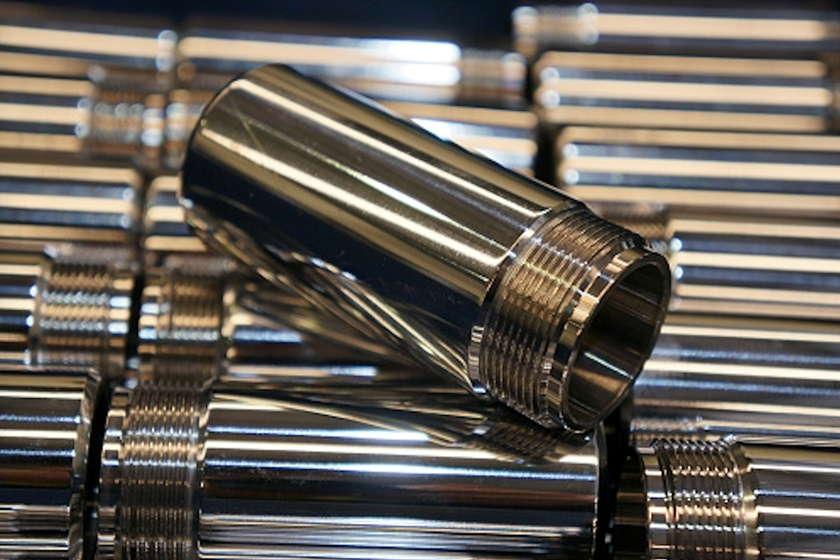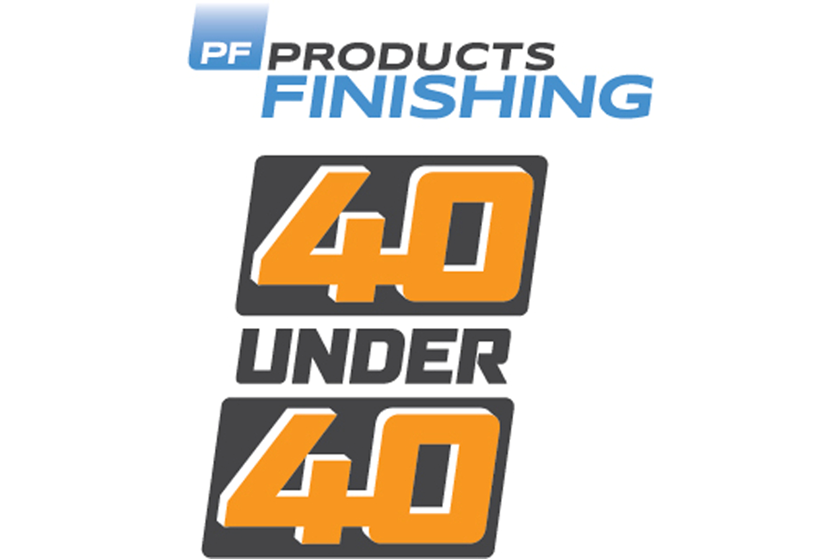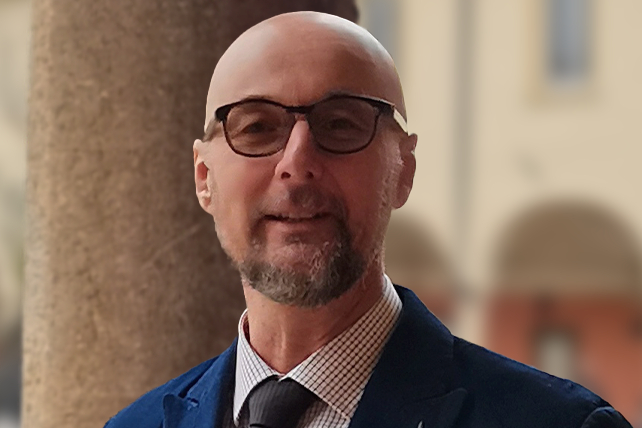Congressional Letter Sent to Automakers Regarding Hexavalent Chromium
Congresswoman Debbie Dingell (D-MI) recently sent a major letter to automotive industry CEOs regarding the use of hexavalent chromium from plating in the automotive supply chain. NASF Government Affairs through The Policy Group spoke on this and related topics last week at the Automotive Industry Action Group’s fall conference on the International Material Data System (IMDS).
#nasf #regulation
Michigan Congresswoman Debbie Dingell recently sent a letter to the CEOs of several automotive companies urging them to stop the use of hexavalent chromium in their supply chain. The letter was triggered by the recent facility release of hexavalent chromium near the Huron River in the Detroit Metropolitan area.
Rep. Dingell specifically called upon the automobile industry “to act immediately to not only remove hexavalent chromium from its supply chain, but the industry must also take meaningful steps to review the actions of its current and future suppliers to ensure they are meeting strong environmental and public health safety standards.”
NASF and Industry Stewardship and Accomplishments
NASF has led several discussions since early this year on continued stewardship efforts of the finishing industry on the use, control and management of hexavalent chromium and appropriate alternatives in the surface finishing industry. Since the early 1990s, the surface finishing industry has reduced hexavalent chromium air emissions by over 99.7 percent and reduced the amount of chromium discharged in wastewater by 90-95 percent.
Recent Dialogues with EPA, Michigan and Automotive Supply Chain
NASF has been actively engaged in 2022 in a dialogue with EPA Region 5, the Michigan Department of Environment, Great Lakes and Energy (EGLE), and representatives from the automobile industry on the topic of alternatives to hexavalent chromium and PFAS in the automotive supply chain and to ensure that the use of hexavalent chromium in the supply chain is managed appropriately.
If you have any questions or would like more information, please contact Christian Richter or Jeff Hannapel with NASF at crichter@thepolicygroup.com or jhannapel@thepolicygroup.com.
This update is courtesy of the National Association for Surface Finishing (NASF). For more information or to become a member, visit nasf.org.
RELATED CONTENT
-
Hybrid Sol-Gel Coatings in Surface Engineering
A look at the use of modified sol-gel polymer films and hybrid system coatings, as well as the methodologies for evaluating the mechanical properties of the coatings.
-
A Process for Alkaline Non-cyanide Silver Plating for Direct Plating on Copper, Copper Alloys and Nickel Without a Silver Strike Bath
Traditionally, silver is electroplated in toxic, cyanide-based chemistry. Due to cyanide’s extreme hazard to human health and environments, developing non-cyanide silver chemistry is essential for the silver electroplating industry. Discussed here is an aqueous, alkaline non-cyanide silver plating technology, which can be directly plated over nickel as well as copper and its alloys. The silver deposits have perfect white color and better anti-tarnishing properties than other non-cyanide silver processes. The silver is plated entirely from the dissolving silver anode and the bath is very stable, and maintains a stable pH level both during plating and idle time. This new non-cyanide silver technology will plate bright silver that is perfectly suitable for electronic, industrial and decorative applications. .
-
Federal Courts Stay Implementation of OSHA COVID-19 Rules
In response to a backlash of litigation, multiple federal courts have blocked implementation of OSHA and other new vaccine mandates for general industry, the healthcare industry and federal contractors.





